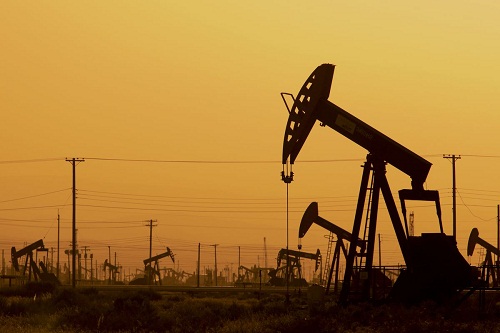SINGAPORE : Oil prices rose more than $1 on Monday on optimism in the global economy thanks to progress in a huge US stimulus package and on hopes for improving oil demand as vaccines are rolled out.
Brent crude futures for May rose $1.07, or 1.7%, to $65.49 per barrel by 0042 GMT. The April contract expired on Friday.US West Texas Intermediate (WTI) crude futures jumped $1.10, or 1.8%, to $62.60 a barrel.
“Oil prices are recovering this morning in line with most risk assets on the back of the US stimulus bill passing the House and as central banks continue to sabre rattle to ward off market-implied financial tightening,” Stephen Innes, chief global markets strategist at Axi, wrote in a note on Monday.
US House of Representatives passed a $1.9 trillion coronavirus relief package early Saturday. Democrats who control the chamber approved the sweeping measure by a mostly party-line vote of 219 to 212 and sent it to the Senate, where Democrats planned a legislative manoeuvre to allow them to pass it without the support of Republicans.
More positive news on the coronavirus vaccination front and signs of an improving Asian economy also boosted prices.
A US Centers for Disease Control and Prevention advisory panel voted unanimously on Sunday to recommend Johnson & Johnson’s COVID-19 shot for widespread use, and US officials said initial shipments would start on Sunday.
J&J expects to ship more than 20 million doses by the end of March and 100 million by midyear, enough to vaccinate nearly a third of Americans.
Over in Japan, a private survey showed factory activity expanding at the fastest pace in over two years in February, adding to signs of a rebound in Asian growth.
On the flip side, investors are betting that this week’s meeting of the Organization of the Petroleum Exporting Countries (OPEC) and allies, a group known as OPEC+, will result in more supply returning to the market.
“More supply needs to come onto the market to ensure OPEC+ meets incremental demand and keeps internal discipline ducks in a row,” Innes added.

















